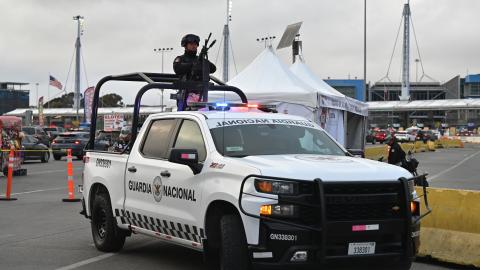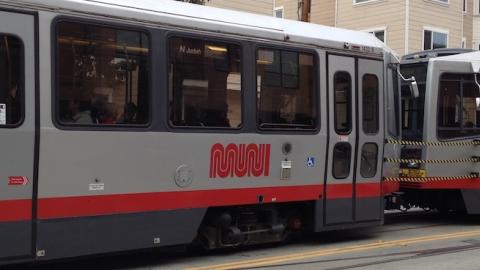San Francisco’s light rail system was hit with a cyber attack on Friday, as a hacker held its computer systems hostage and demanded a ransom to unscramble the data. Washington Post:
The San Francisco Municipal Transportation Agency was hit with malware that held its computer systems hostage on Friday and caused problems over the weekend as attackers reportedly sought a ransom to release their digital grip on the system.
In a press statement Sunday, SFMTA confirmed it was the victim of ransomware — a type of malware that makes computer data inaccessible by scrambling it with encryption. The hacker then demands payment for the digital key that can unlock the information. […]
A person in control of the cryptom27@yandex.com email address took credit for the attack and demanded SFMTA to cough up more than $70,000 worth of bitcoins, a type of digital currency, according to the Examiner.
SFMTA eventually regained control of its systems without paying the ransom, thanks to some help from the FBI and Department of Homeland Security. But this latest attack is a reminder of American systems’ serious vulnerabilities to cybercrime. According to the FBI, ransomware attacks of this type have been on the rise in the past year. And security researchers on the influential Krebs on Security blog suggest that the hacker in this case, who may be based in Iran, has successfully targeted a series of American manufacturing and construction firms with ransomware attacks.
Improving cyber security may be the most serious challenge Americans face—not just from random criminals and hackers, but from terrorists and hostile foreign powers. The health of the economy and the security of the American people—their lives and their property—are increasingly at risk from a proliferating set of threats. While individuals and businesses can upgrade their own security, ultimately the policing of cyberspace is one of those things that only government and, in some cases, the military can do.
Balancing the need for security with the love of liberty will be at least as challenging in the digital world as it has been in past generations. But a rash of incidents suggests that criminals and hostile governments are systematically increasing their capabilities.

















